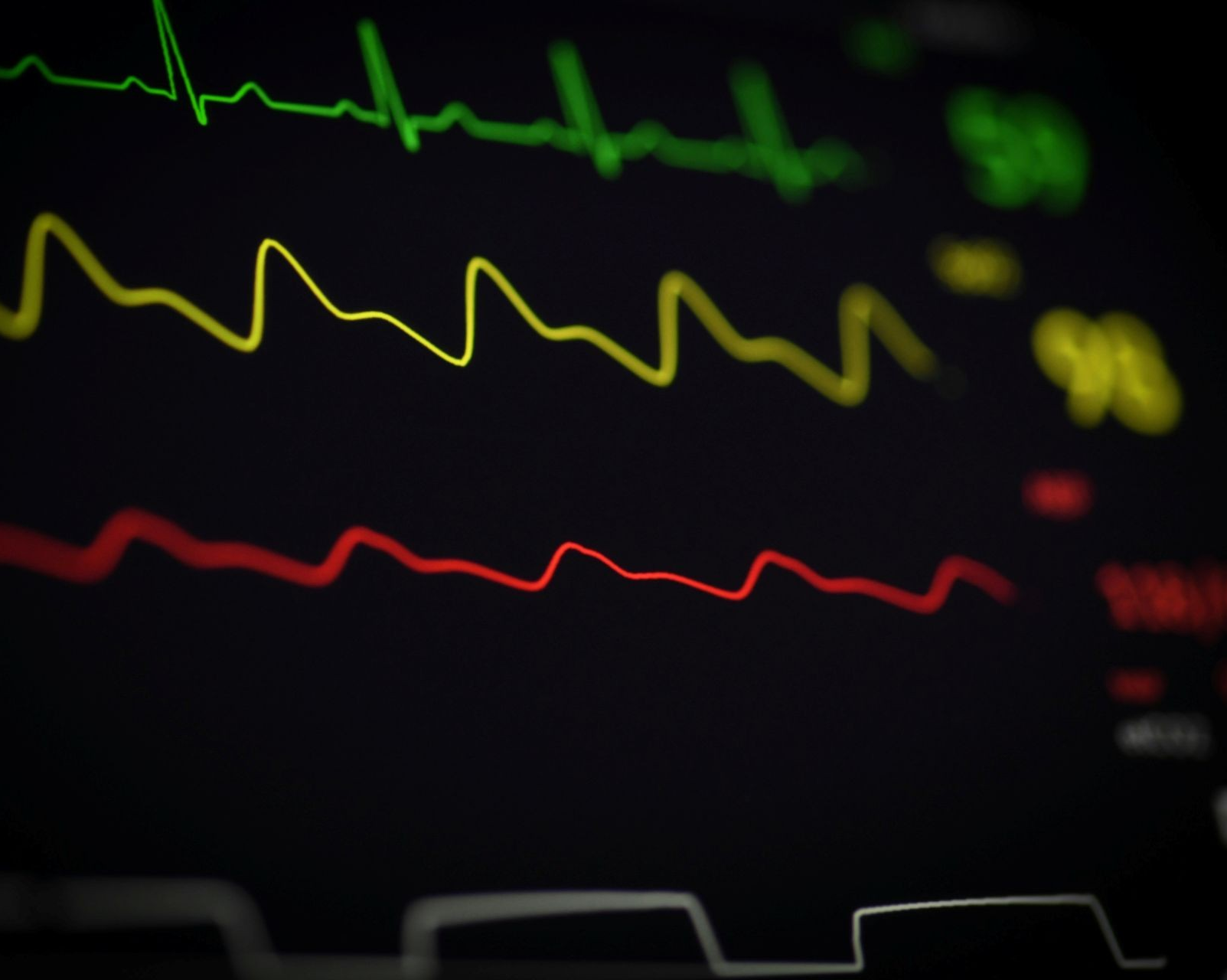Science
Concordia Researchers Unveil AI Tool to Enhance CPR Monitoring

A team of researchers at Concordia University has developed a groundbreaking artificial intelligence tool that promises to enhance the monitoring and guidance of cardiopulmonary resuscitation (CPR) in emergency situations. Led by PhD candidate Saidul Islam and Jamal Bentahar, a professor at the Concordia Institute for Information Systems Engineering, this innovative approach aims to provide a more effective means of processing critical biomedical signals during CPR.
When a cardiac arrest occurs, medical professionals depend on real-time data regarding chest compression depth, blood pressure, and breathing patterns to make life-saving decisions. However, in the midst of chaotic environments like ambulances and hospital wards, these vital signals are often compromised due to movement, interference, or equipment noise. Traditional filtering methods frequently struggle to manage the complex noise patterns present in these scenarios.
The novel methodology developed by the Concordia team employs an unsupervised machine-learning approach that does not require corresponding labeled data. This characteristic makes it particularly suitable for use in real-time emergency situations. Additionally, the system utilizes a multi-modal framework that processes various types of CPR signals simultaneously, allowing it to maintain essential correlations while effectively removing unwanted noise.
In rigorous testing, the AI tool demonstrated superior performance compared to existing techniques. It provided cleaner and more accurate signal readings, showcasing remarkable adaptability to diverse types of biomedical data. The researchers are optimistic that this advancement could lead to improved automated CPR devices and better decision-making within critical care settings, ultimately contributing to increased survival rates.
The research involved contributions from other notable institutions, including Robin Cohen from the University of Waterloo and Gaith Rjoub of Aqaba University of Technology. The findings of the study are published in the journal Information Sciences.
As the medical community continues to explore ways to enhance emergency response protocols, this AI-driven solution could represent a significant leap forward in the quest to save lives during cardiac emergencies.
-

 Science3 months ago
Science3 months agoToyoake City Proposes Daily Two-Hour Smartphone Use Limit
-

 Top Stories3 months ago
Top Stories3 months agoPedestrian Fatally Injured in Esquimalt Collision on August 14
-

 Health3 months ago
Health3 months agoB.C. Review Reveals Urgent Need for Rare-Disease Drug Reforms
-

 Technology3 months ago
Technology3 months agoDark Adventure Game “Bye Sweet Carole” Set for October Release
-

 World3 months ago
World3 months agoJimmy Lai’s Defense Challenges Charges Under National Security Law
-

 Lifestyle3 months ago
Lifestyle3 months agoVictoria’s Pop-Up Shop Shines Light on B.C.’s Wolf Cull
-

 Technology3 months ago
Technology3 months agoKonami Revives Iconic Metal Gear Solid Delta Ahead of Release
-

 Technology3 months ago
Technology3 months agoApple Expands Self-Service Repair Program to Canada
-

 Technology3 months ago
Technology3 months agoSnapmaker U1 Color 3D Printer Redefines Speed and Sustainability
-

 Technology3 months ago
Technology3 months agoAION Folding Knife: Redefining EDC Design with Premium Materials
-

 Business3 months ago
Business3 months agoGordon Murray Automotive Unveils S1 LM and Le Mans GTR at Monterey
-

 Technology3 months ago
Technology3 months agoSolve Today’s Wordle Challenge: Hints and Answer for August 19









